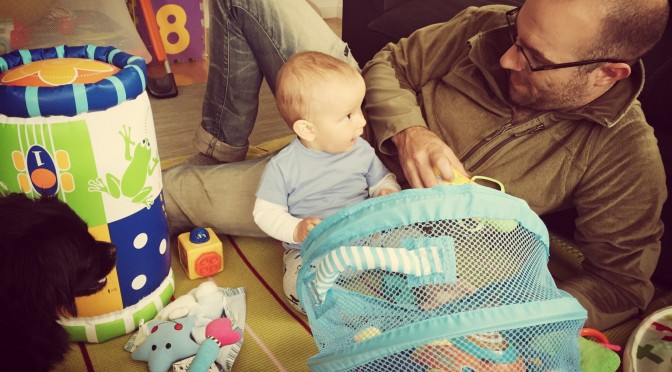At the first sign of frustration or anger, I would evaluate quickly such “ungodly feelings” and temper them down, find resolutions, usually whatever demanded of me more than of others. Probably because my own actions I could and would control, and it would be futile to try to control anybody-else’s.
But the truth is, that was not a healthy approach of dealing with uncomfortable feelings. A better start would be asking myself: “why do I feel this way?”. The answer will not present itself quickly… but it would be an honest start of assessment. Long term, I discover it gets easier and easier to pinpoint what is really going on, and deal with it in a healthier manner.
I have always kept to myself my opinions of others’ behavior. My mom, to this day, would opt to further develop her patience than admit to herself that something bothers her. I followed in her footsteps for many years. And to a degree I have learned and practiced tact, but as an adult I have had the responsibility to help others develop. It turns out that I had a hard time telling people what to do, or what not to do – even if it was for their own good. I didn’t do that mainly because I myself didn’t like to be told what to do, thus was always en-guard, to anticipate needs or expectations.
It is exhausting, let me tell you.
Kids used to exhausted me. They embody the definition of “socially unaware”, but for them alone, that is normal. They can’t read your tired mood. They are still learning. But because I had poor boundaries with family, I always felt guilty to disagree, to do or say something that would go against their wishes. That is no world to live in though.
Spending a lot of time with Conrad’s family I have seen some healthy boundaries with kids, and I adopted them. For kids there is only “now” and inevitably they would interrupt any and all conversations.
I really liked how Caleb was taught to touch the adult’s arm if he wanted to say something and that adult was talking with someone else at the time. You would acknowledge them, ask them to be patient a few seconds for you to finish your thought and then give them full attention. It is absolutely marvelous. It takes some discipline and patience to adopt this into daily interactions, but the parent won’t loose their mind and the kid while learning an important social behavior also gets full attention and engagement.
When a kid asks you “what to play this or that game”, you CAN say “not right now”. And when you do play, you do it wholeheartedly. It is not hard to enter their world – it is actually really amazing. It can be intimidating at first if you haven’t done it since you were a kid yourself – it can be exhausting, but it’s all worth it if you just give it a try once in a while.
I am not afraid anymore of my own frustration with people and situations. And since I redefined my boundaries, I find that on one hand I am happier and more relaxed, but I am also irked by trespassing a lot sooner.
I heard a great line in a movie. An overly honest guy asks a colleague: “why don’t I like you?” – If that feeling arrises, I often asks myself that question or a variation of it “why don’t I trust you?” – if I look at it objectively I usually find out why, and I can address it early and often.

